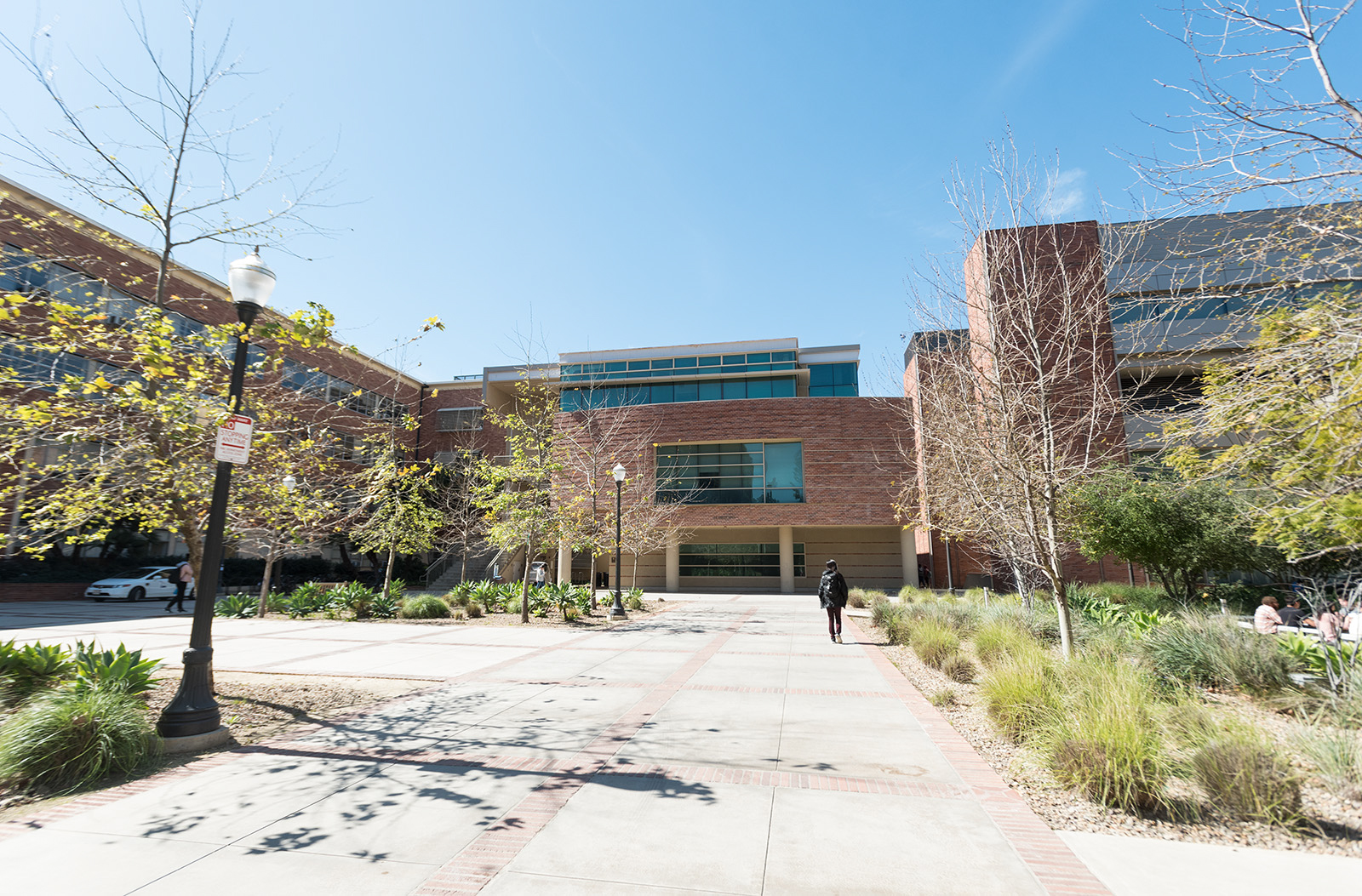Mental Health Tracker debuts as part of Depression Grand Challenge

UCLA researchers developed a mental health tracker, free for all registered students, as part of the UCLA Depression Grand Challenge which seeks to cut depression burdens in half by 2050. (Daily Bruin file photo)
By Shelby Dunagan
Oct. 16, 2019 12:39 a.m.
UCLA researchers created an online mental health tracker for students to screen, track and treat their mental health issues as part of UCLA’s Depression Grand Challenge.
The mental health tracker, free for any registered student, is a component of the Screening and Treatment for Anxiety and Depression Program, part of a large UCLA research initiative on mental health. The online tracking program consists of a five-to-10-minute survey which will assess if a student is experiencing symptoms of anxiety or depression.
After taking the survey and viewing their results, a student can immediately register for a free treatment, such as online therapy for mild to moderate symptoms or in-person treatment for more severe symptoms.
According to the STAND Program website, 4,986 students have registered for the online screening for depression and anxiety through STAND’s Mental Health Tracker.
Student information generated by the Mental Health Tracker remains confidential but will contribute to UCLA’s Student Screening research study, which plans to assess populations that may be at risk for mood disorders, including depression.
The STAND Program is a part of the larger Depression Grand Challenge which seeks to provide treatment for students who are found to be experiencing or are at risk for depression, anxiety or suicide.
Inna Arnaudova, a program manager for the STAND Program, said the information collected from this program will help increase the understanding of mental health issues and develop more personalized models for treatment.
“The purpose of the program is to develop, implement and test a scalable model for the treatment of depression and anxiety, as well as alleviate the burden of other resources on campus and serve our community,” Arnaudova said.
Eduardo Velazquez, the Undergraduate Students Association Council general representative, said that while these online resources seem to be helpful for students to be able to check in with themselves, he does not think they should replace other forms of treatment.
“I don’t think it should be used as a way to get rid of the in-person support because both are very useful tools and should be utilized by students,” Velazquez said. “Each student can have different levels of comfort with in-person or online treatment.”
Diana Acosta, a fourth-year sociology student, said she thinks people may not be aware of when they have mental health issues and she thinks programs like this will help normalize seeking out treatment.
“I feel like it’s a smart idea, especially because, obviously, in our culture we know that depression and mental issues are prominent, but we don’t know to what extent,” Acosta said.
Acosta added that the university should make sure it communicates information about these resources to more people who could benefit from them.
“I feel like there’s so many cool things that exist on campus but I’ve never heard of (them),” Acosta said. “Maybe (UCLA) can try to find ways to reach out to the public more like through social media.”
Jessica Navarro, a first-year psychology student, said she thinks there are a lot of people already struggling with mental health issues that could benefit from online resources.
“I haven’t been diagnosed or anything, but I feel like I have symptoms of anxiety, so I think this could really help to see if I actually do or not,” Navarro said.


